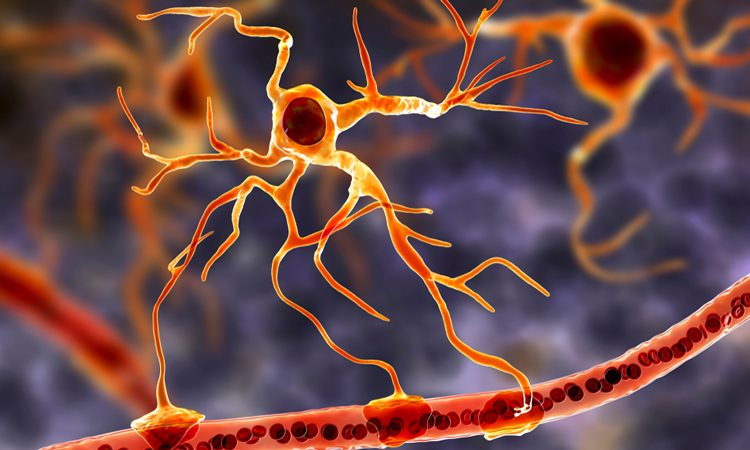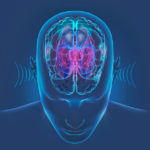Released online in the peer-reviewed journal Neuron, a team of researchers at Baylor College of Medicine uncovered that astrocytes play a more vital role in the adult brain, regulating neuronal circuits associated with cognitive function.
“Astrocytes play essential roles in brain function by supporting synaptic connectivity and associated circuits,” according to Baylor researchers.
“How these roles are regulated by transcription factors is unknown. Moreover, there is emerging evidence that astrocytes exhibit regional heterogeneity, and the mechanisms controlling this diversity remain nascent.”
In their study, the Baylor team worked with a genetically engineered mouse model to lack the nuclear factor I A (NFIA) gene in adult astrocytes. Any alterations in astrocyte morphology, physiology, and gene expression signatures were scoured in various regions of the brain.
After scouring the brain regions, the research team found defective shapes and altered functions originating from NFIA-deficient astrocytes. The team also unveiled that although they could not spot the NFIA gene in the brain regions, all brain regions remained unaffected except for the hippocampus.
Based on their assessment, the hippocampus correlated with no activity that indicated astrocyte function, like calcium. The brain region also lacked the ability to detect neurotransmitters released from neurons.
“In this study, we show a new role of astrocytes in normal brain function,” said Benjamin Deneen, co-author of the study. “Astrocytes in the brain are physically close to and communicate with neurons. Neurons release molecules that astrocytes can detect and respond to.”
“We propose that NFIA-deficient astrocytes are not able to ‘listen’ to neurons as well as normal astrocytes, and, therefore, they cannot respond appropriately by providing the support needed for efficient memory circuit function and neuronal transmission. Consequently, the circuit is disrupted, leading to impaired learning and memory,” the Baylor team concluded.


